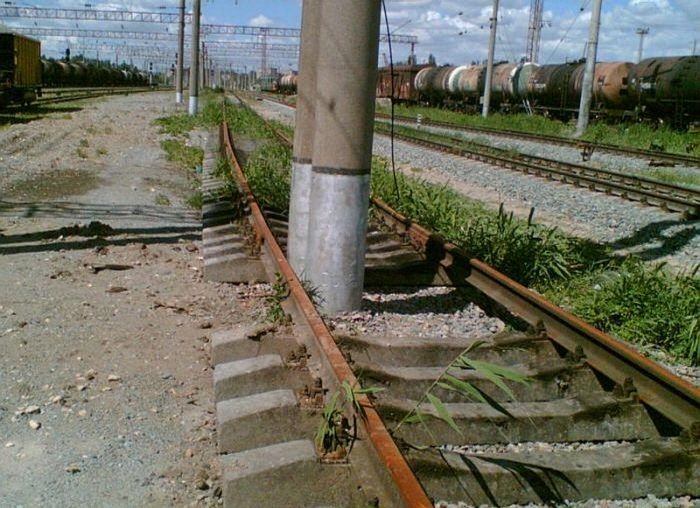When we don’t accomplish an intended objective we say that we failed. Everyone knows that failure is a part of life; however, we’re still terrified when it happens. So why are people so afraid of it? Simple – that same “everyone” wants to be a winner and by definition we can’t win if we fail. But are all failures really bad for us? Not necessarily – it depends on the circumstances. It depends not only on how but why we fail. Since this is a blog about good management practices you can bet that I believe some failure is necessary. If it moves us and/or the organization forward, the occasional failure can be a good thing.
Here’s why:
•Failure forces us to be better. In other words, without failure there is no growth. Without growth people no longer feel challenged which can lead to dissatisfaction and boredom with the job. Now, I’m not talking about an “up or out” kind of growth but personal growth. The kind that satisfies the challenge to build a better mousetrap. Thomas Edison once said that he did not fail 1000 times while inventing the light bulb but that the light bulb had 1000 steps.
•Failure forces us to re-evaluate our objectives. We must remember not only to look at the things that went wrong but also what went right. All too often we only see the mistakes and not the lessons. Remember Edison – failure is just research in progress
•Failure proves that we’re only human. For managers, especially new ones, this may be difficult to grasp but it is important. As the boss, you may believe that you have to be perfect but guess what? Everyone and I mean everyone knows that you aren’t. Not only do they know you’re not perfect, they are waiting for you to screw up. Here’s the thing – if you didn’t blow it once in a while no one would trust you. As odd as it sounds, employees not only want but need to humanize the boss – especially ones that have promoted from their peer group. The occasional foible proves not only that you don’t know everything but that you can be taught. You immediately become easier to work for. More importantly, it gives them permission to fail and as we have seen above, that can often make us better.
Remember failure does have its place in an organization. When we understand the cause and nature of the small failures, we can engage creativity and problem solving that will help avoid the catastrophic ones in the long run. I challenge you to embrace your failures and use them as a catalyst for improvement. I hereby give you “permission to fail”

Excellent points made in this article. I really believe when a manager demonstrates they can fail, and yet continue to hold their managerial role in the organization, they not only give the rank and file “permission” to risk and possibly fail, but they also show their human side.